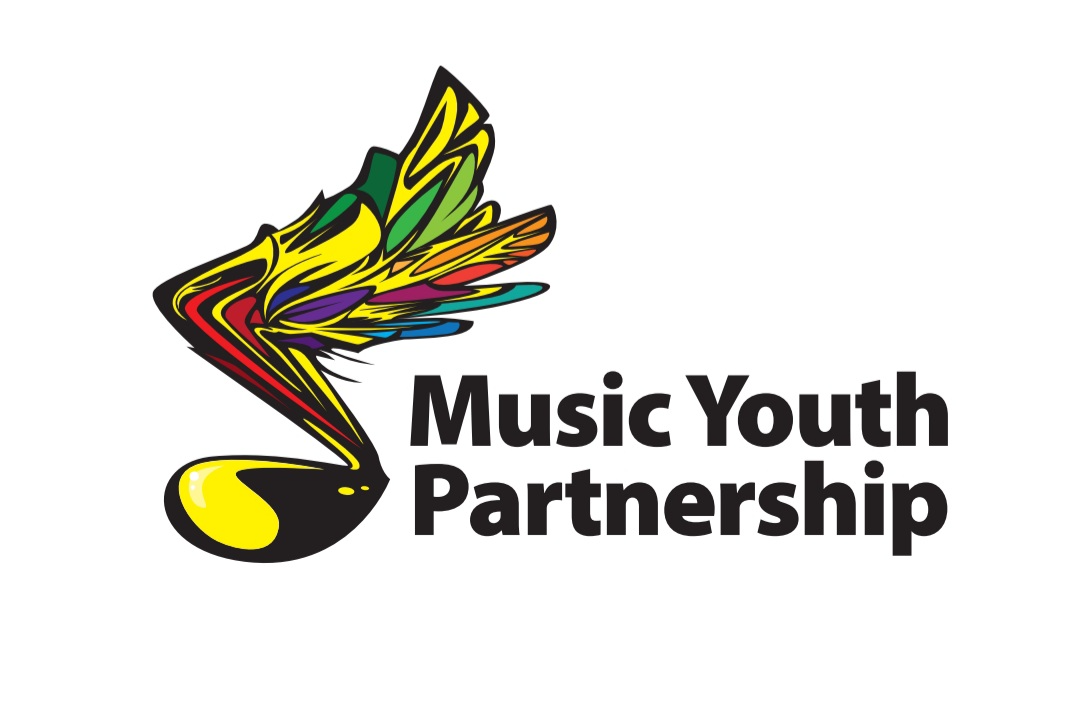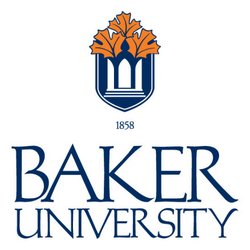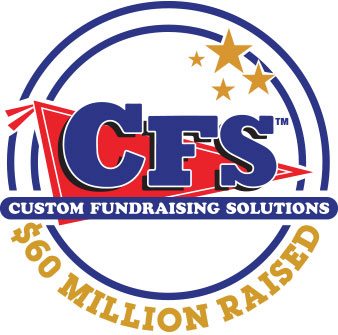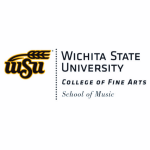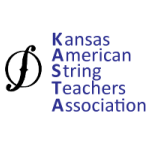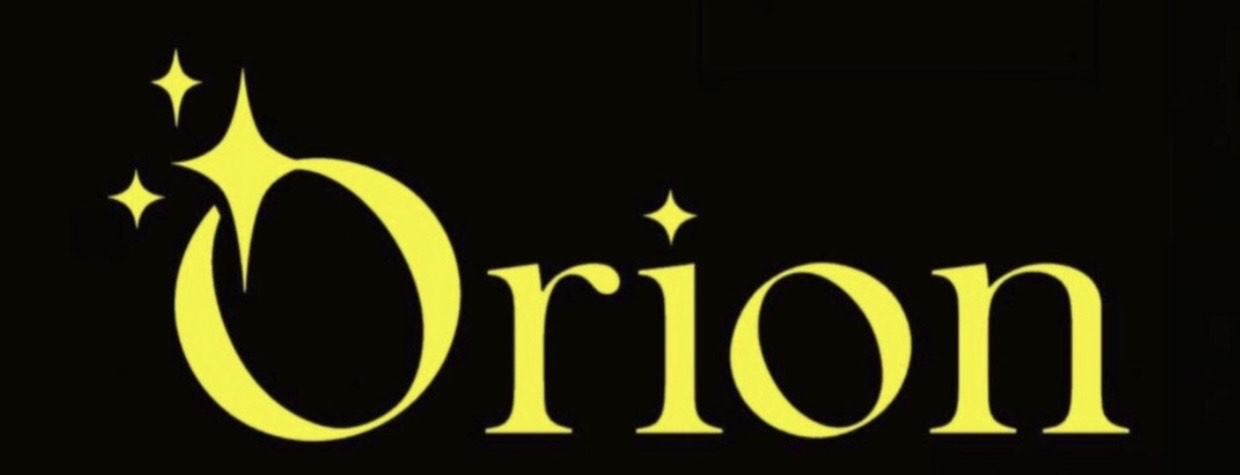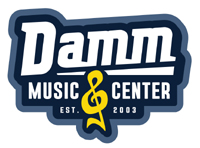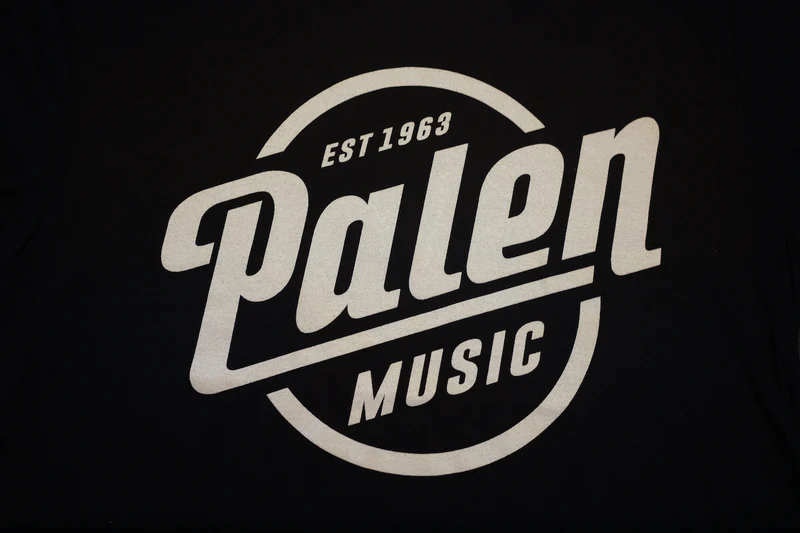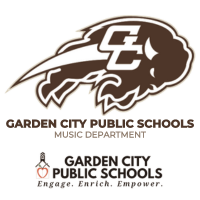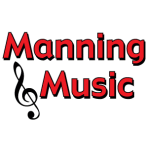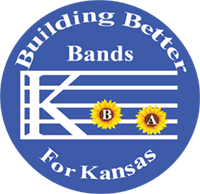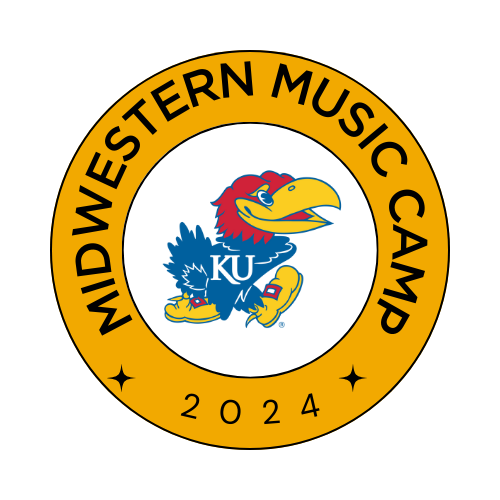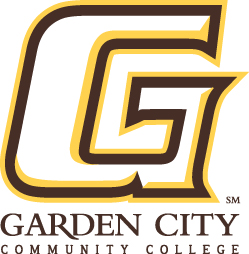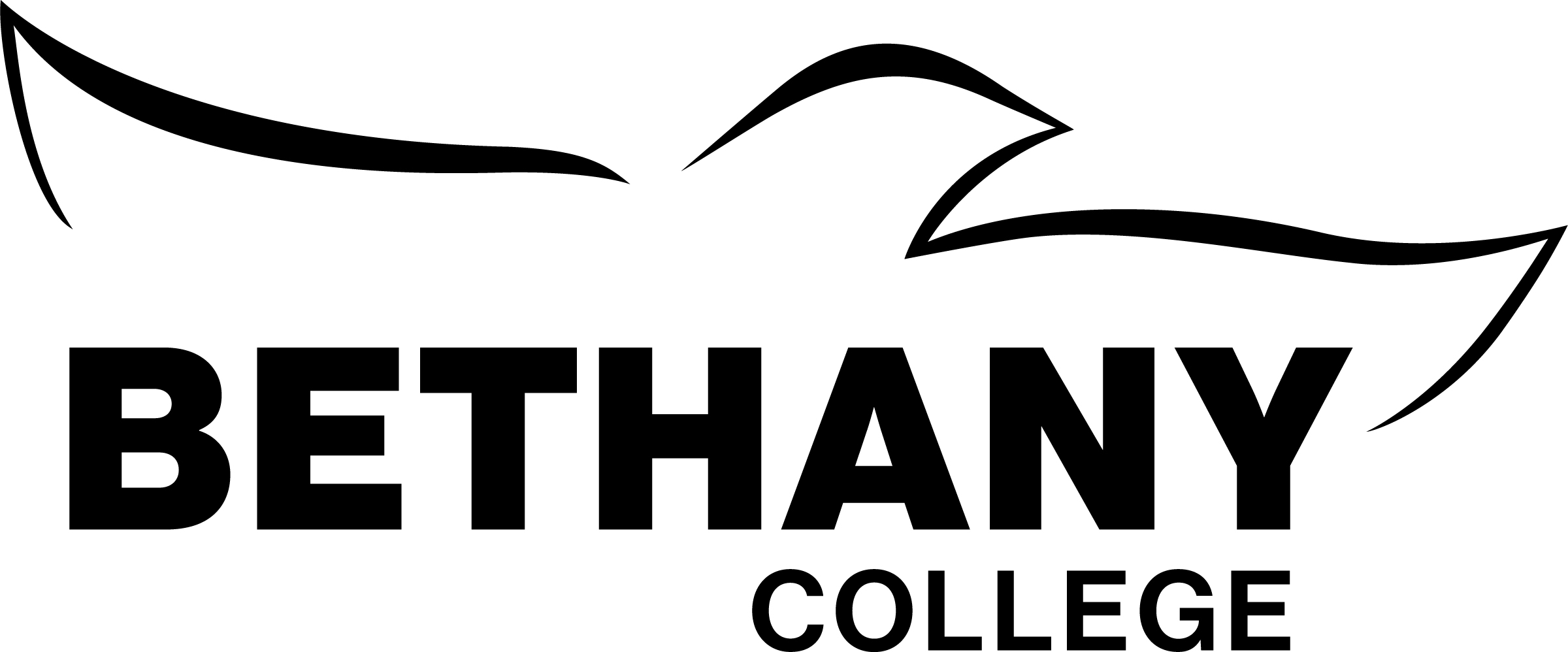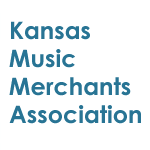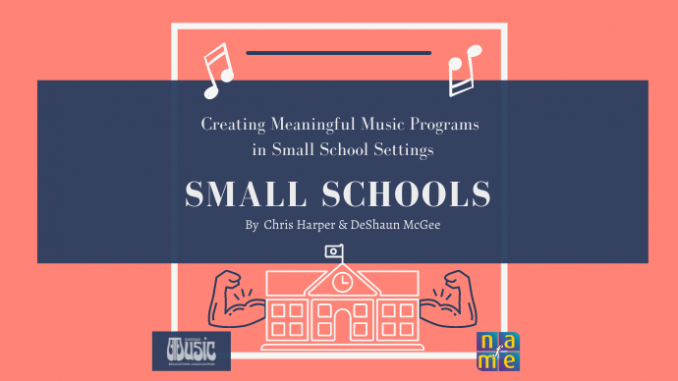
Ideas to Build and Strengthen Your Music Program
By NAfME Members Chris Harper and DaShaun McGee
Reprinted with permission from NAfME’s Music in A Minuet blog.
Chris Harper and DaShaun McGee presented on “Creating Meaningful Music Programs in Small School Settings” during the NAfME 2021 PreK–12 Learning Collaborative in February 2021.
Your positive relationship to your students not only strengthens your program but has an impact on them that lasts a lifetime!
We all tried to teach our students the best that we could during the COVID pandemic. Some small schools tried remote learning but quickly noticed the difficulties of reaching all their students with little or no access to the internet. Other schools met face-to-face but had to take precautions to ensure the safety of their students. As we go back to school this fall, we know building relationships with our students is one of our top priorities.
Here are some ideas to help create meaningful music programs in small school settings.
Recruit, Recruit, Recruit!
The only way to get students into your music program is to recruit. If you were fortunate enough to visit feeder school(s) for your schedule before the conclusion of the school year, you are off to a great start. If you were not able to do any recruiting, it’s not too late! Everyone and most schools are connected in some form or fashion to social media. Does anyone still read the newspaper? Some communities might have a paper that comes out once a week or even once a month. That’s a difficult way of communication, but social media . . .
Create a Facebook page or Instagram account, place pictures of your program, make short statements that you want them to join your music program, and link it to a Google Form. Instant registration!
Do you have eager students who can make a cold call? If you are in a small community, you might get a roster and contact information for the incoming students. There is nothing like an excited student telling a prospective member about the fun and joy they can have being in your program.
Meet the Students and Their Families
Find a community center or some location (outdoors) where you can invite students and parents for an informal meeting and talk about yourself (not too much), your passion for music, and how you want their children to participate in the music program. If you have students and parents already within your program, get some small food items and drinks. Offer food, and they shall come!
Informational Surveys
Once you have your students in your program, you need to know about them. We are always ready to talk about ourselves, but it is not about us! You can create an informational survey with Google Forms asking questions about their interests/hobbies, the music they listen to, who they live with, and even their aspirations when they grow up. Tell them these are for your eyes only. You might be surprised by what they tell you. By learning about your students, they see you are taking an interest in them. Children nowadays have more things happening in their lives that we never faced growing up. This helps understand when Johnny or Suzie is having an “off” day.
It’s Not Always About the Music.
For many of your students, you become a respected adult figure they may not have in their lives and desperately desire. Be careful and remember, you are a mandated reporter, and they will tell you EVERYTHING. Some students join your program for a sense of belonging. They may never make an All-State band or chorus, but they feel safe in your room.
Visit Classrooms
Creating meaningful programs also means you need to walk the halls and visit classrooms. You might find your music room is connected to one of the grade level halls that you walk down every day. Choose a classroom each morning and during that homeroom time, pop in and spend a minute asking the students how their morning is going. Make positive statements to the teacher about how you would love to see them in your music program. When you talk to teachers, the students see YOU building a positive relationship with THEIR teacher. Now, we all know not every kid needs to be with us, but just having that positive communication with them builds a bridge. Remember, you might be the only happy soul they meet that day.
Communicate with Parents
The most upset parent you will ever encounter is the parent with whom you never communicated. Most schools use Remind, Class Dojo, KiNVO, or some other method to get messages home. It is so easy to send a quick note to a parent saying, “Johnny had a great day in class. He was so motivated!” It is also easy to send a message: “Hello Ms. Parent. Johnny didn’t have such a great day. I will be calling you tonight.” This keeps the parent from being blind-sided. They have time to communicate with their child to hear their side of the story, and then you can share your side. It is hard to talk to a parent on the phone and have their child trying to explain at the same time. Communication with parents shows you care about them, their child, and what occurs in your program.
Building Positive Relationships with Administrators
Do you remember the person who hired you? The person they are trusting to create an atmosphere conducive to learning is YOU! Do you remember the couple of minutes that you visited the classroom? You can spend that same amount of time popping into your admin’s office and telling them, “Good morning!” or telling them something positive you have seen or heard about in other teacher’s rooms. They like it when you get out of your comfort zone. The best way to build rapport with your admin is helping out with bus duty, selling concessions at a school sporting event, or even telling them, “Let me know if I can help you out with something when you get swamped.” Even though you aren’t a building administrator, just having that short conversation tells them you are a team player. Don’t forget to invite your admin, Board of Education members, and community leaders to your musical events. Even if they don’t attend, it shows you love what your students are doing.
The Community
Some communities either strongly support their school’s extra/co-curricular activities or have no interest. Sometimes we have to find ways to “break into” the community. It is very advantageous to live in the same place that you work. That immediately shows you are vested in the community. Volunteering to help groups such as United Way or Meals-On-Wheels is a great way to meet many of the “movers and shakers.” Get involved in a local church or religious organization. You might find many of the congregations have the students you teach.
The Takeaway
Building positive relationships helps recruit students, keep high retention rates, and mold young children into potential world leaders. We didn’t get into this field to wave our arms around and have a concert or two. We are in the “people business.”
About the authors:
NAfME member Chris Harper, a native of Conyers, Georgia, is the Band Director at Martha Puckett Middle School. He earned his music education degrees from Valdosta State University (2001) and Troy University (2009). He is active as a consultant and guest conductor for bands and adjudicator for several marching band contests throughout the state. In addition, Mr. Harper has served as an interviewer for participant selection for the Governor’s Honors Program (GHP Georgia) in instrumental music. During his 20 years as a teacher, bands under his direction have received consistent Superior ratings. Mr. Harper holds professional affiliations with the National Association for Music Education, Georgia Music Educators Association, National Band Association, and the Professional Association of Georgia Educators. He is listed in numerous editions of Who’s Who in America, The World, and American Education. Mr. Harper has been featured in The Instrumentalist magazine, an international publication for band pedagogy, for his ideas of ensemble programming, integration of music technology within a wind band program, and practices for recruitment/retention of band students.
NAfME member DaShaun McGee is in his eleventh year as a music educator and is currently in his fifth year as the Fine Arts Coordinator and Director of Bands at Wayne County High School in Jesup, Georgia, where he oversees all aspects of the music programs in Wayne County. He is the event organizer for the Georgia Music Educator Association (GMEA) Large Group Performance Evaluations (LGPE) in District 8. He also serves on the executive board as the district chair. Mr. McGee received his Bachelor’s Degree in Music Education from Valdosta State University (2010). He earned his Master’s of Music Degree in Music Performance in Wind Band Conducting at Georgia Southern University (2014). He later returned to Valdosta State and earned his Education Specialist Degree in Educational Leadership (2016). He is currently pursuing a Ph.D. in Instrumental Music Education at Auburn University. Mr. McGee is an active member of the Georgia Music Educators Association (GMEA), National Band Association (NBA), and National Association for Music Education (NAfME). Mr. McGee is involved with the following professional organizations: Alpha Phi Alpha Fraternity (2008), Kappa Kappa Psi National Honorary Band Fraternity (2006), and the North America Saxophone Alliance (NASA).



